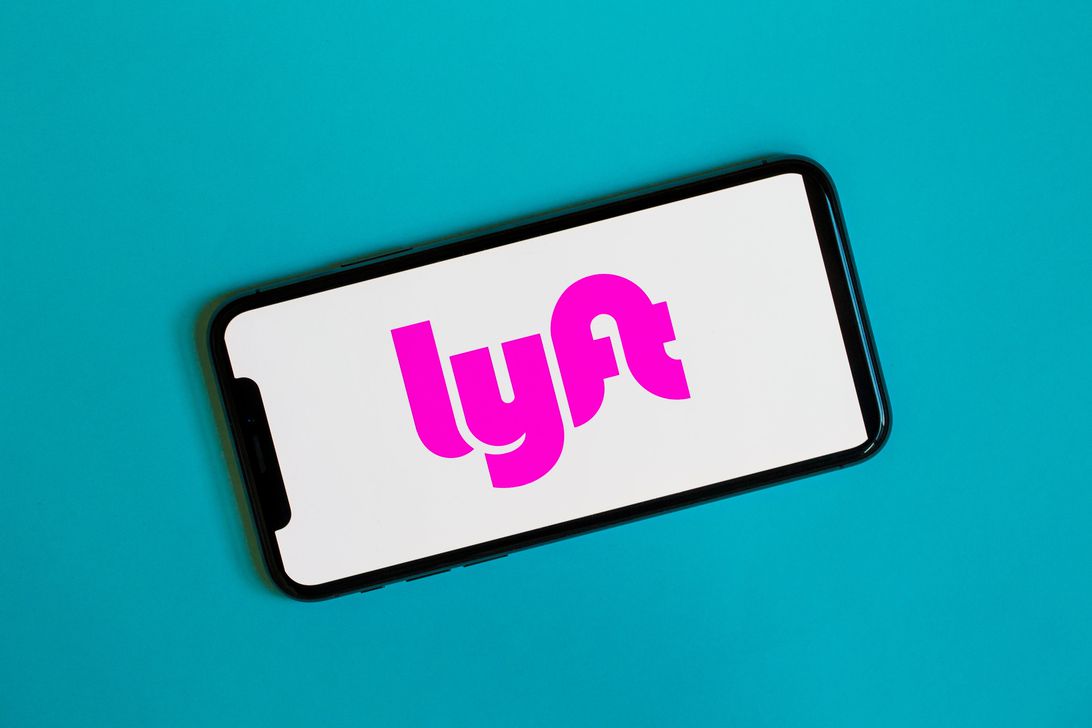
Lyft is suing New York City over a cap on cruising times.
Angela Lang/CNET
Lyft filed a lawsuit Friday against the city of New York over regulations that limit the amount of time drivers can cruise certain busy parts of Manhattan without a passenger. The ride-hailing company called for the Taxi and Limousine Commission’s “highly damaging cruising rule” to be eliminated.
“Lyft supports comprehensive congestion pricing, which is the most effective way to reduce traffic,” Lyft spokeswoman Campbell Matthews said in a statement. “But the TLC’s rushed, arbitrary approach would be a significant step backwards for transportation in New York City, which for years has suffered from an inefficient taxi medallion system created by the TLC. This rule is not a serious attempt to address congestion, and would hurt riders and drivers in New York.”
New York City first passed a law in August 2018 capping how many ride-hailing cars from services like Uber and Lyft can be on the street. New York Mayor Bill de Blasio said the move was geared toward fighting congestion and providing higher wages to drivers. The law was set to expire after one year, but in June the city voted to extend it indefinitely.
As part of the extension, the city ruled that cars can be empty in certain parts of the city just 31% of the time, except after 11 p.m. Wheelchair accessible vehicles and all-electric cars are exempt.
Uber also sued New York City last month over cruising caps, saying the rules threatened its business model.
Lyft’s suit, which was filed in the Supreme Court of the State of New York, says the cruising rule is founded on a TLC study using “outdated, unreliable data.” The suit also says the rule “unfairly” doesn’t apply to taxis even though they contribute to congestion, and doesn’t take into consideration the negative effects this can have on underserved communities.
TLC spokesman Allan J. Fromberg said the agency hasn’t yet been served with the suit, “but it’s clear that it’s another attack on the city’s consistent efforts to reduce congestion and help drivers earn a living for their families while working with companies that have stacked the deck against them by flooding the streets with drivers in a race to the bottom. We will vigorously defend against this suit, and we will continue to fight for safer, less congested streets and for drivers’ rights.”
Originally published Oct. 11, 4:39 p.m. PT.
Update, 5:14 p.m.: Adds comment from Taxi and Limousine Commission.

